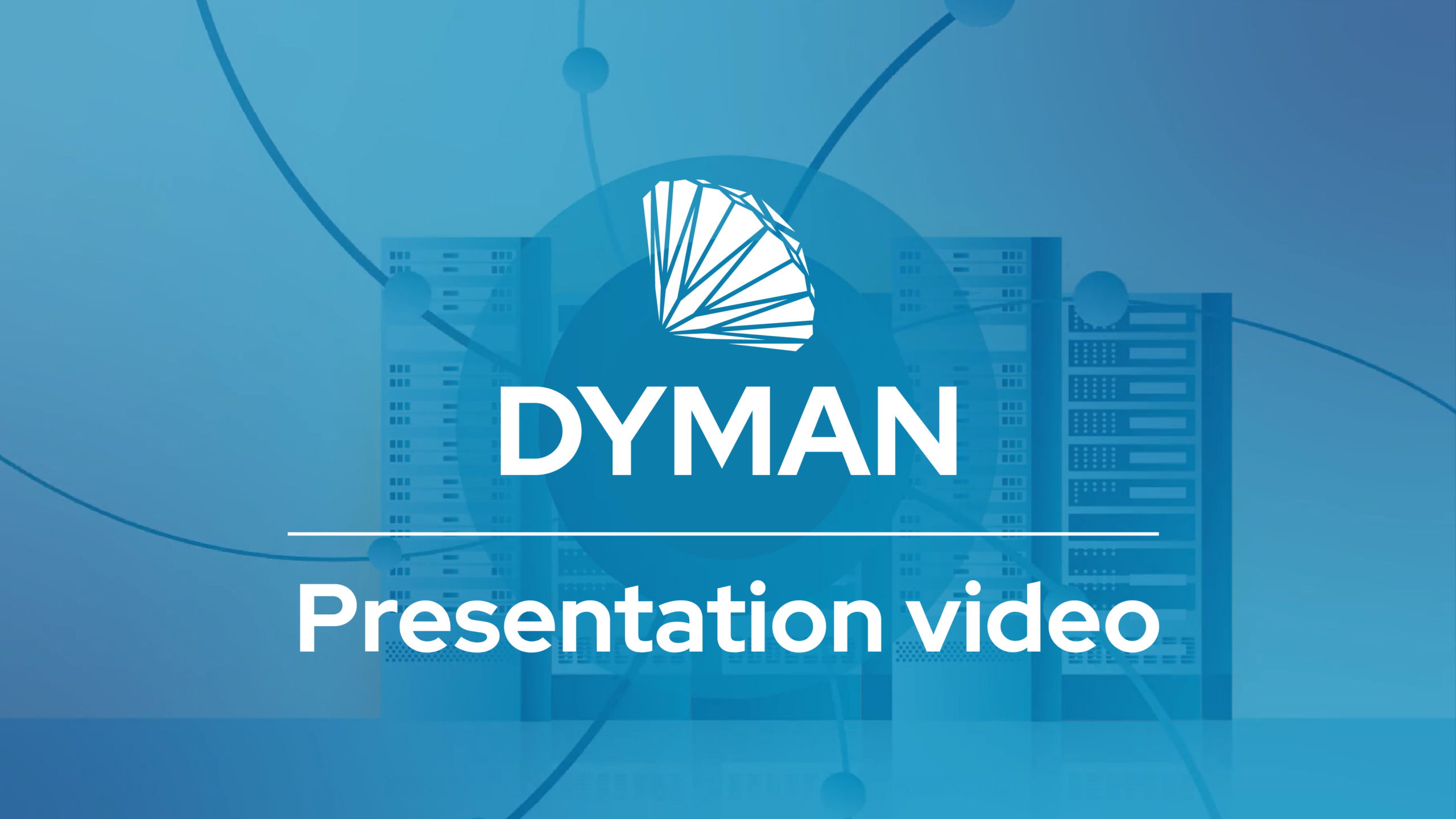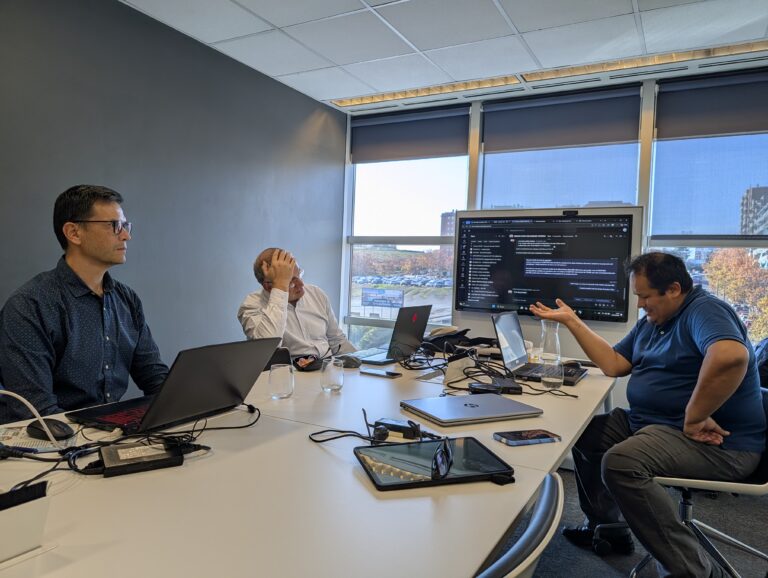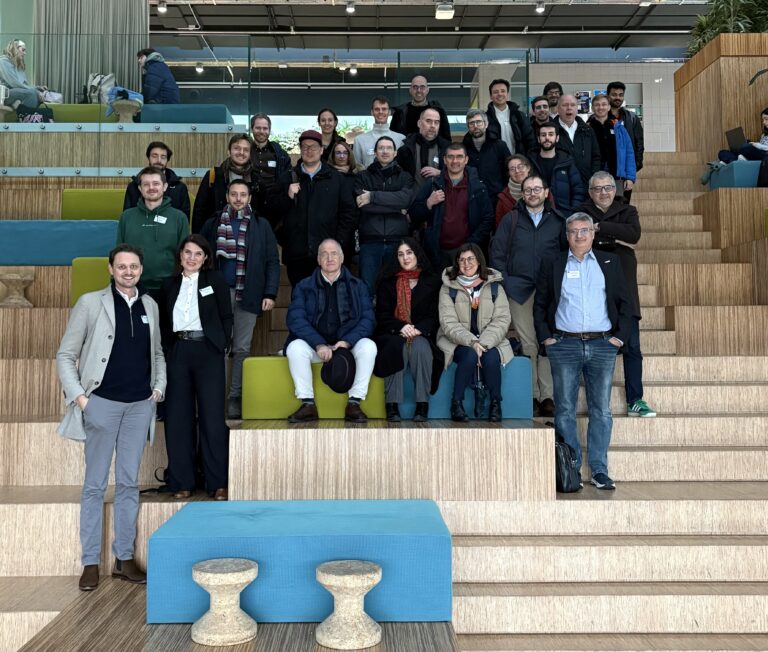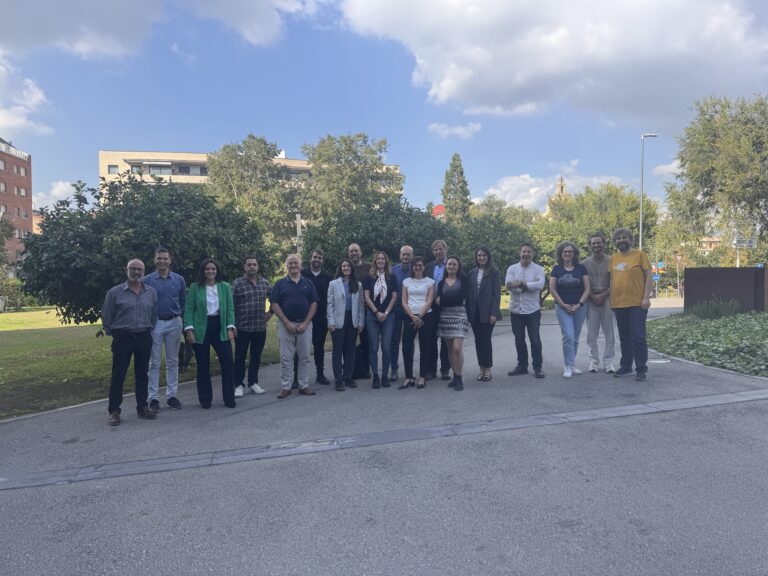
Did you know that Data Centres and IT equipment can consume between 200 and 500 TWh?
This is equivalent to the electricity demand of Spain in 2023*
This increase in energy consumption is due to the growth of compute-intensive applications with AI
Cooling is a crucial aspect of data centre operation as it significantly contributes to electricity consumption

DYMAN moves forward with dynamic management of self-cooled HPC data centres
DYMAN moves forward with a dynamic management of self-cooled HPC data centres. DYMAN is a 3-year EIC Pathfinder Challenges project.
The aim is to develop a radically new design for adsorption chillers that are dynamically managed in data centres.
DEEP-TECH
DYMAN proposes revolutionary technological advances focused on the use and management of clean and efficient cooling in data centres.
The previously unproven technology that will be developed in DYMAN will enable the advancement and positioning of European cooling.
CONSORTIUM
DYMAN is a 3-year EIC Pathfinder Challenges project that brings together 10 partners from four European countries (Spain, Germany, Italy, and Belgium).
This diversity, in terms of organisation types and geographic location, ensures that the project results will reach different communities and countries and can contribute with complementary views and approaches.
EIC COOLING PORTFOLIO
DYMAN proposes revolutionary technological advances focused on the use and management of clean and efficient cooling in data centres.
The previously unproven technology that will be developed in DYMAN will enable the advancement and positioning of European cooling.



